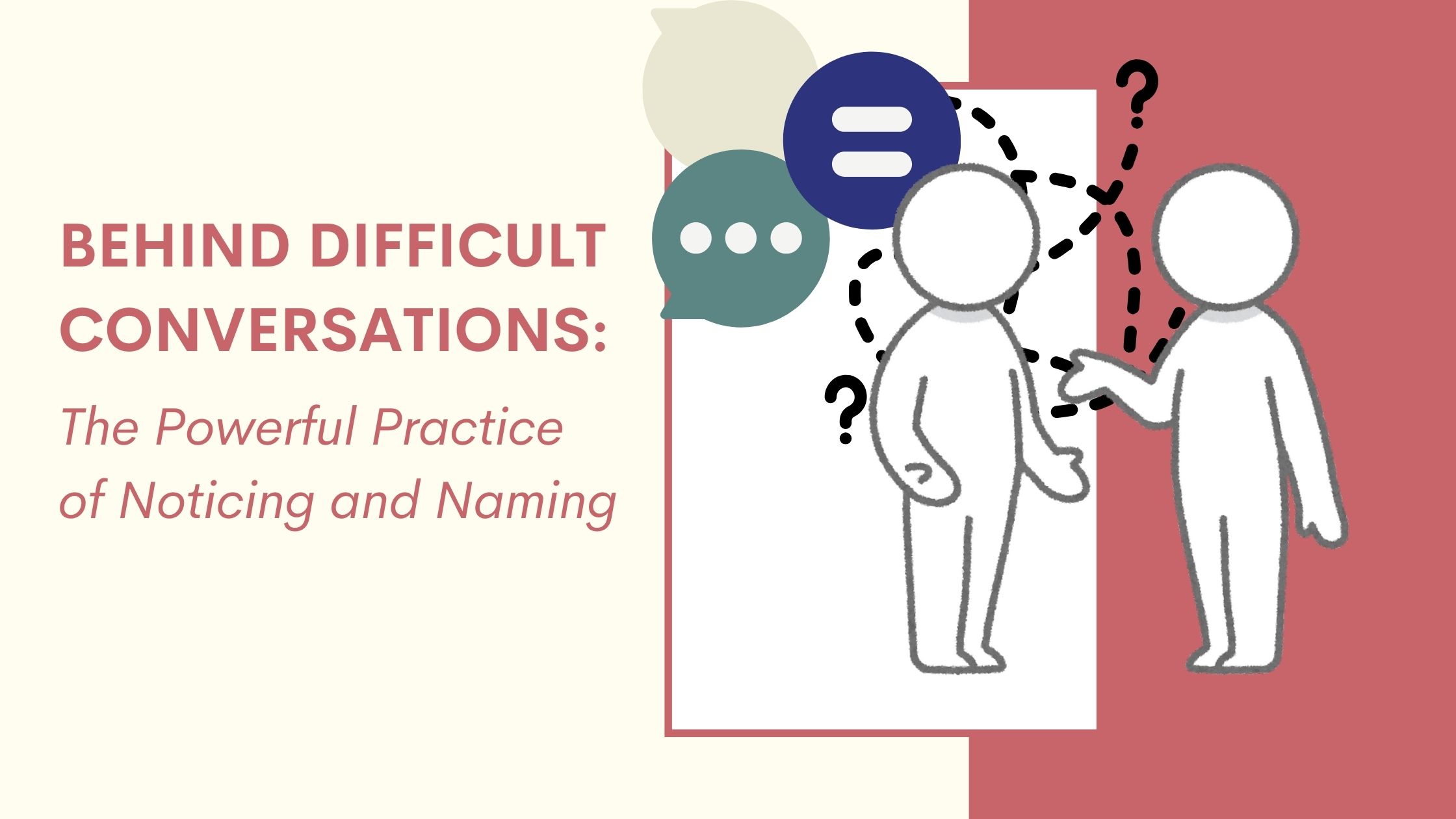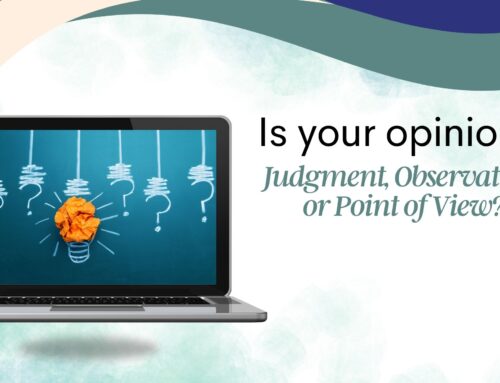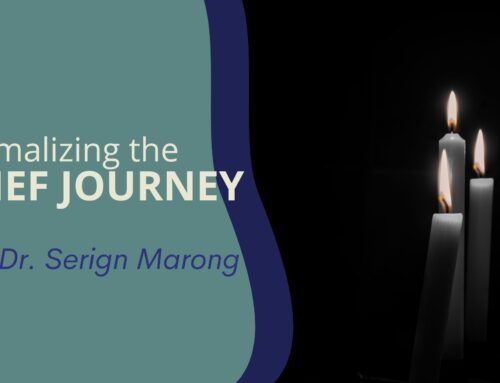
Key Takeaways:
- Why Difficult Conversations Are Different for Everyone – The diversity in how we handle difficult conversations stems from several key factors: our backgrounds, our emotional resilience, and our past experiences with conflict.
- The Power of Noticing and Naming Conflict – Conflict and difficult conversations are part of daily life. By observing and naming what we see—without adding our interpretations or stories—we can open up clearer lines of communication. And instead of jumping to conclusions or making assumptions, we can address the issues at hand.
- The Role of Bridging Statements – A problem well stated is a problem half solved. Conflict is an inevitable aspect of human interaction, but how we approach it determines its outcome. Bridging statements offer a roadmap for navigating conflict with grace and compassion.
- The Importance of Self-Awareness in Effective Communication – Effective communication is not solely about the words we speak or the gestures we make; it also encompasses a deep understanding of our own internal reactions and thought processes.
- Understanding Without Judgment – The art of naming facial expressions requires sensitivity, awareness, and humility. By resisting the temptation to impose our interpretations onto others’ expressions, we honor the complexity of human emotions and experiences.
Helpful Resource:
- The Power of Naming What’s Helpful- The power of naming lies in its ability to bring awareness to specific behaviors without assigning blame, and it can be even more effective when paired with identifying what is helpful in the context of the conversation. It allows for a clearer understanding of the issues and facilitates more productive interactions.
Notable Highlights:
“We all have these different models of the world and because we’ve all grown up in different households in different spaces, we all have different models of what feels difficult. We all have different levels of resilience around challenging conversations and conflict.”
“Oftentimes, the way a person handles a difficult conversation at home may be different from the way they handle it in the office.”
“Remember, only 7% of communication is words and the rest of the 93% is tone of voice, facial expressions, eye movements, and body language.”
“When we name what we see and name what’s helpful, then it helps to shift the conversation without throwing accusation and blame and throwing out our interpretation.”
Follow Dr. Maiysha on Social media
Facebook: www.facebook.com/DrMaiysha
Instagram: www.instagram.com/DrMaiysha
Twitter: www.twitter.com/DrMaiysha
Youtube: www.YouTube.com/DrMaiysha
Hosted by: Dr. Maiysha Clairborne
Ready for the next level in your life? Join the Movement! Become a part of the Mind ReMapping Nation, an exclusive community that empowers your growth & accountability. Go to www.MindReMappingNation.com
Interested in learning Mind ReMapping? Have you thought about becoming a coach? You can! Attend our next Mind ReMapping LIVE Training in Atlanta, and learn the tools to remap your mind in this transformational NLP/Hypnosis and Coach Certification training. Visit www.mindremappingacademy.com or schedule an interest call at www.remapmymind.today.










